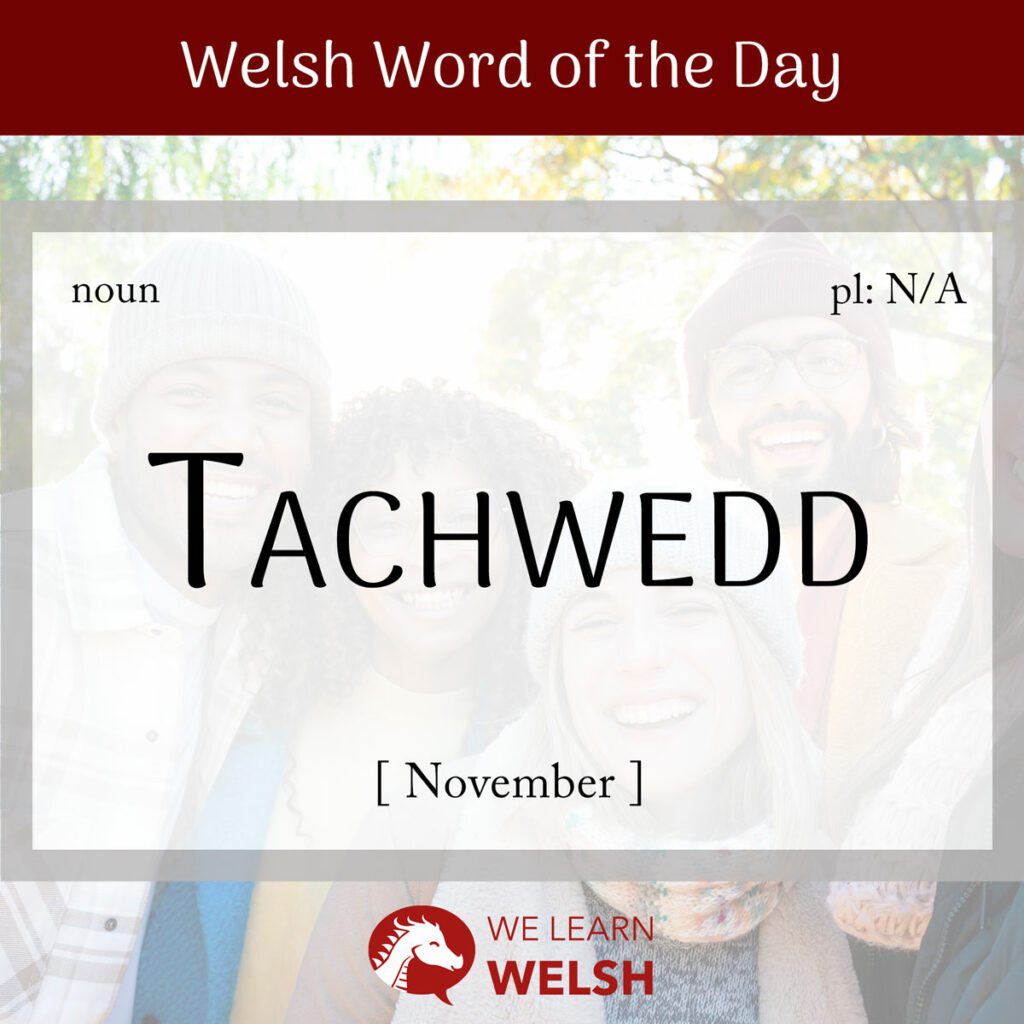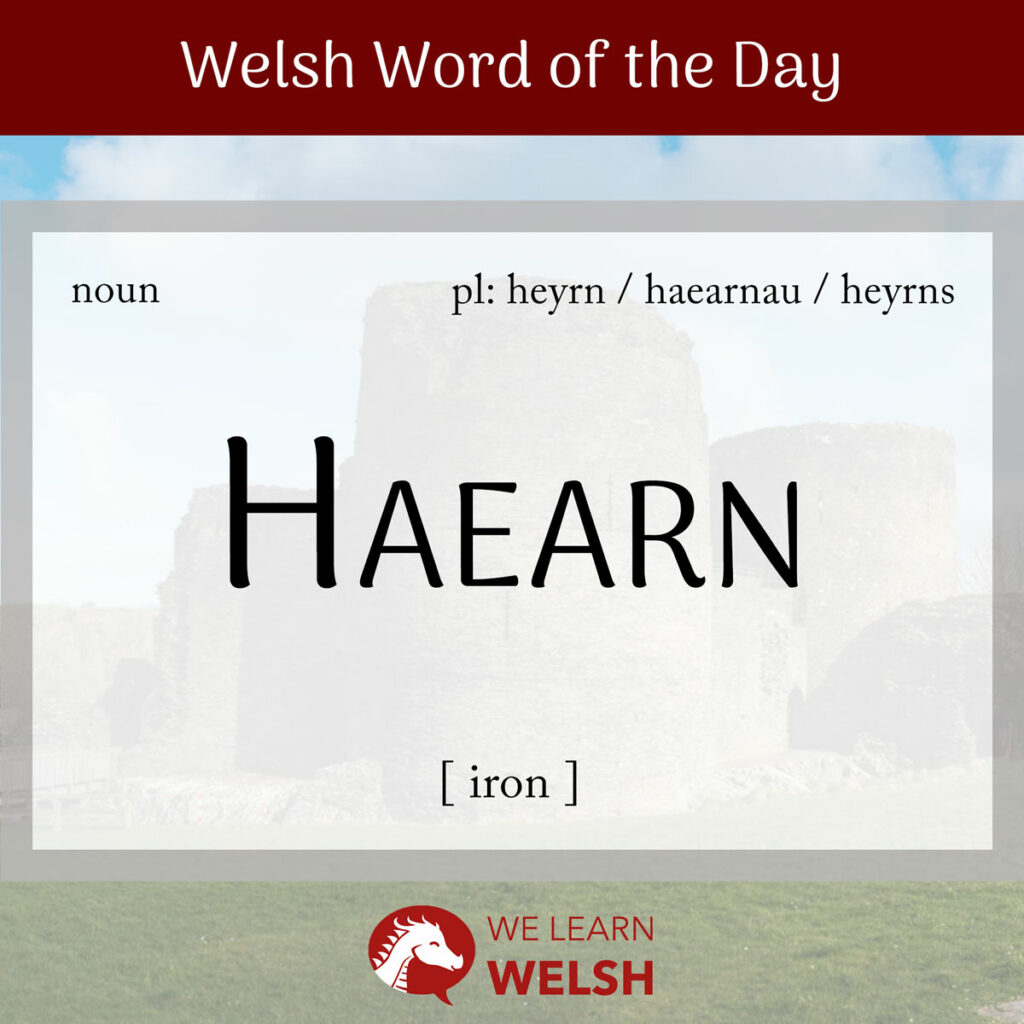How to Say “Well done!” in Welsh
Whether your child passes his exam with flying colours, or your best friend manages to get that long-desired promotion, there are many situations where it’s appropriate to praise someone for a job well done. In English, we have a range of encouraging phrases to choose between but what about in Welsh? Well, it turns out …










